
By the time we left the European side of Turkey to get to the Asia Minor side, I realized that the clothes I brought were too light. It was colder than I expected and rainy as well, but we had some clear days. The thin silk shirts and sandals were generally put aside for pants, socks, shoes, long sleeved pullovers and a waterproof coat.
In any case, it was pleasant to sit in the tour bus and observe the dense buildings of Istanbul thin out until there were stretches of land, rolling hills that were not quite so pretty near Istanbul, but which got prettier the farther away we got. There were many farm lands and only few workers, mostly women, and older women at that, wearing billowy pants, loose shirts and scarves over their heads. The men wore pants with a coat or vest. (Cadir the assistant in our tour bus wore a smart leather jacket for most of the two weeks.)Some men, especially near the Mediterranean wore ethnic-looking clothing - pants tucked into boots with a colorful vest. But no fezzes - Ataturk (Mustafa Kemal), military leader of Turkey in the 1920s and 1930s enforced reforms in Turkey to modernize it, to make it more European, and out went the Sultanate and fezzes, among other things.

We saw the ancient city of Troy near the province of Canakkale. Forget the fake wooden horse that greets you in front of the park; focus on the ruins themselves, all 10 levels of cities. Homer's epic stories about the Iliad and the Odyssey talked of Troy and for the longest time, Troy was thought of as fiction. It was the German Schliemann who took Homer's accounts seriously and his diggings between 1870-1890 uncovered the ruins of Troy. His name is tarnished however because the Turkish government has accused him of stealing and damaging the site. (Charles McLaren is said to have first found the ruins of Troy in 1822.) I am not sure why Schliemann alone is accused of stealing from ancient ruins, when all one has to do is visit the British Museum or view the British Royal jewels to see stolen items.
Anyway, Troy got me excited about folklore once again; this is why Troy stands out among ancient ruins - it was talked about by the epic singer Homer. As to whether there really was a Helen and whether there really was a Trojan horse is uncertain, but the important fact was that Homer was talking about a momentous battle between the land-people (the Trojans) and the seafarers (the Achaean or Aegean). So important was this battle that Egypt sent thousands of soldiers to help Troy resist the seafarers. The Trojans and Egyptians knew they had to hold back the seafarers or else eventually lose to them, which did happen.
 We spent a night in Canakkale, a university town/city near the historic Dardanelles; and the next night we stayed in Izmir which is Turkey's third largest city of Turkey. It's ancient name was Smyrna, and St. Paul had visited the place.
We spent a night in Canakkale, a university town/city near the historic Dardanelles; and the next night we stayed in Izmir which is Turkey's third largest city of Turkey. It's ancient name was Smyrna, and St. Paul had visited the place.That was another thing that was really great about Turkey - this was the land that Paul, Barnabas, our own Mother Mary, John the Beloved, and other early Christians, had walked on. The idea that Turkey, although it was not known as Turkey then, but was part of the Roman empire, was Mary's home fills me with awe and some affection to the land and people who had given refuge to Our Lady.
(More later)
Read also:
Check out these links as well:
http://www.iwasinturkey.com/travelogues/300924-travel-tips-to-turkey
http://www.iwasinturkey.com/travelogues/300918-still-more-on-turkey
http://www.iwasinturkey.com/travelogues/300925-cappadocia-turkey





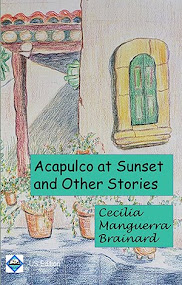








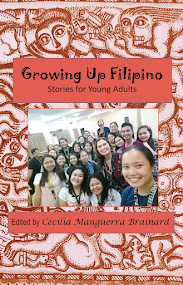
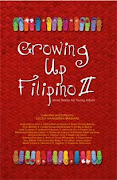


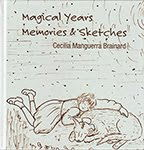


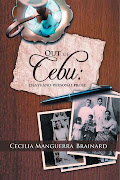



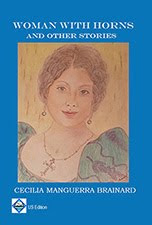

No comments:
Post a Comment